My diary
Tuesday and Wednesday
July 9 & 10, 2019
My Tuesday represented in one picture.
colintaufer
14 chapters
16 Apr 2020
Chapter 8: AME!
Liberia
Tuesday and Wednesday
July 9 & 10, 2019
My Tuesday represented in one picture.
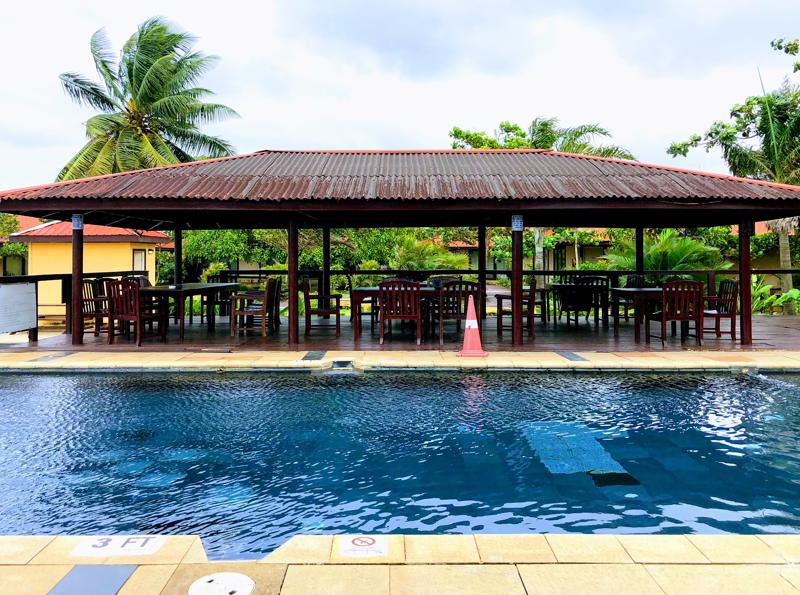
Jay and I started Wednesday early enough, and traffic was light enough, that not only did we have time to stop at Kaldi’s Koffee, but we also went to a barber shop (or as they’re called here a barbing shop) downtown. Jay got his style on inside while I waited outside on the sidewalk of the busy city street. In addition to the usual city hustle and bustle, there were many young children out and about.
With Jay’s trim complete we were soon back at nearby AME University for the Applied Scholastics Study Skills class. As usual, a full classroom was there upon our arrival. Jay opened the class with a talk on leadership. It was a lively back and forth conversation in which Jay got the students to work out for themselves what they thought leadership was, who exemplified it (and didn’t), and what it meant to be a leader. It
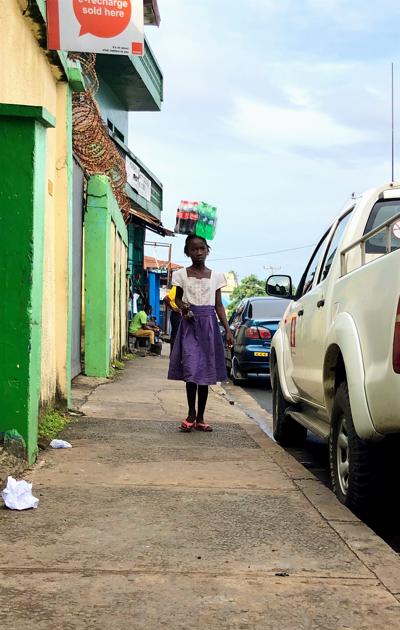
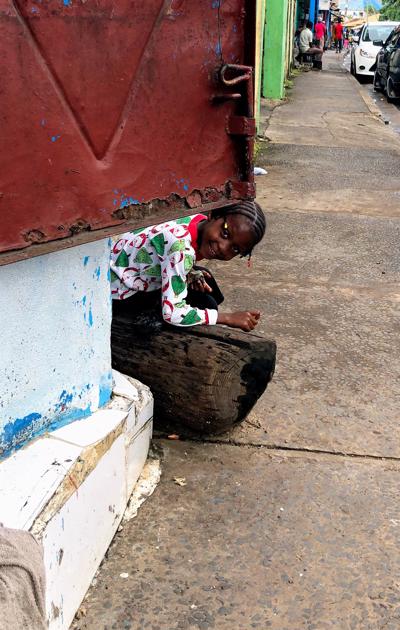
was a good way to launch the day’s class. Jay left shortly thereafter. Calvin joined about twenty minutes later.
After Jay turned the class over to me it was time for a vigorous ball game warm up. Two tennis balls were zipped around the room, half the class versus the other. Again, they loved it! This set us up to start. The first twelve slides of the presentation were shots from Monday’s class showing smiling students creating their clay demos. They delighted in seeing themselves projected onto the board. We next spent time reviewing the primary concepts from Monday, specifically, mass versus the ideas related to the mass.
Then we played a game of seeing who could name all ten ways absence of mass can make you feel. I projected the list of ten on the whiteboard. Students, one by one, came to the front and stood and faced the class and kept their back to the whiteboard. The game was to recite all ten without looking. I was happily surprised how many not only wanted to give it a shot but could also rattle off the whole list by heart. We then
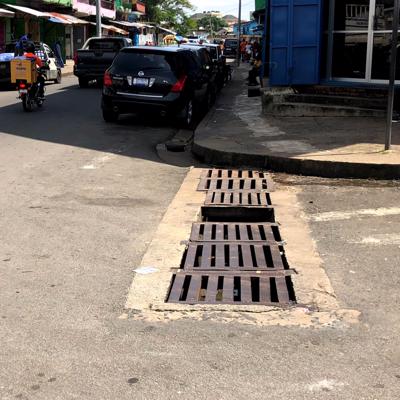
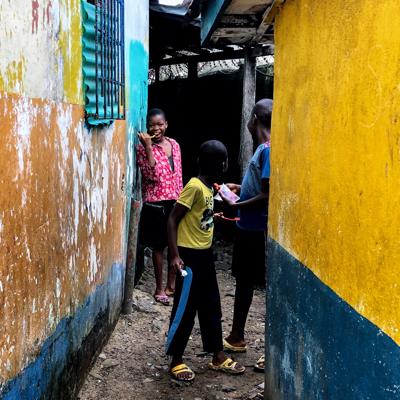
reviewed all the different ways a student can get mass.
Next up, sketching. I had every student sketch out different scenes in their notebook: a book, a person, a person thinking, etc. Then we revisited clay demos, with an emphasis on adding labels to the clay to balance the mass with the words and ideas connect. To introduce and firm up the labeling of mass idea, on the whiteboard I showed an unlabeled line art illustration of the eight primary organs in the body. Students
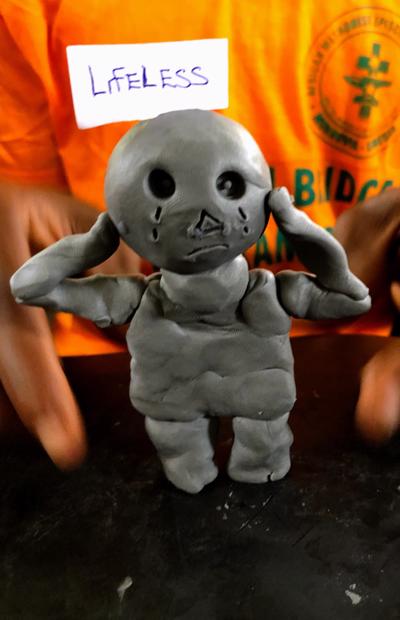
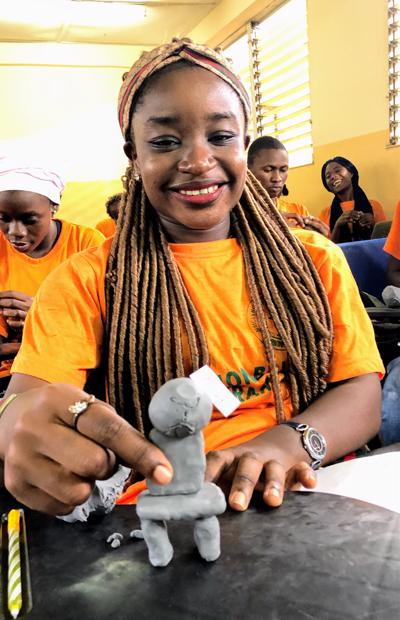
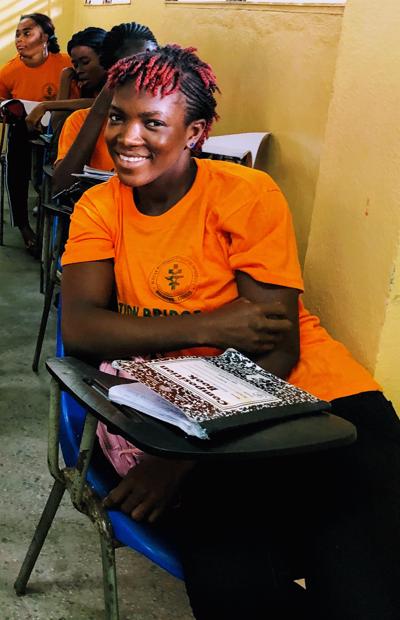
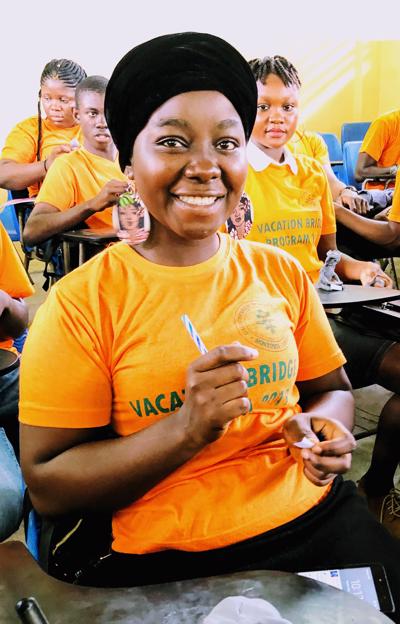
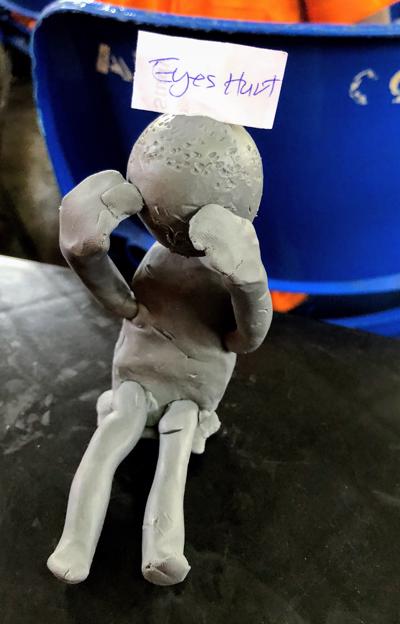
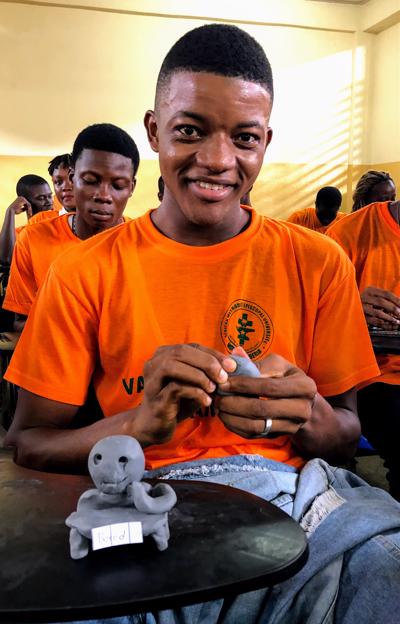
came up one by one, in front of everyone, and labeled the eight parts. Next, the students counted themselves off 1 through 10, 1 through 10, etc. until each student had a number. Each student was then assigned to create a clay demo of the corresponding manifestation of absence of mass. Number 1 had to demo a squashed student, 2 had to do bent, etc. Every student got a blob of clay and a blank label, and they were off! This quickly became my busiest period. Every student wanted me to see their creation and take their picture.
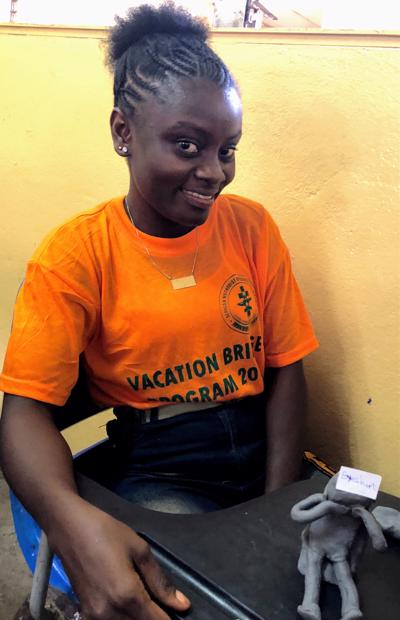
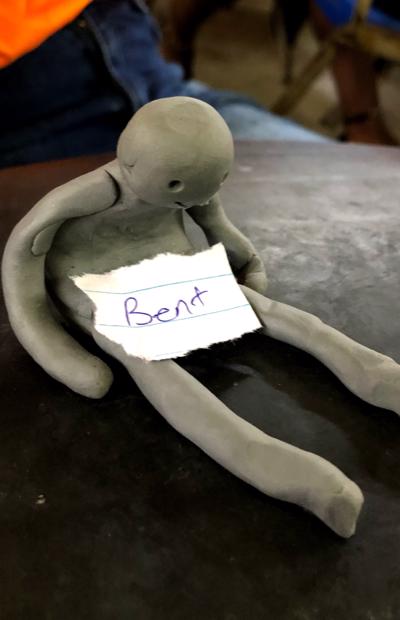
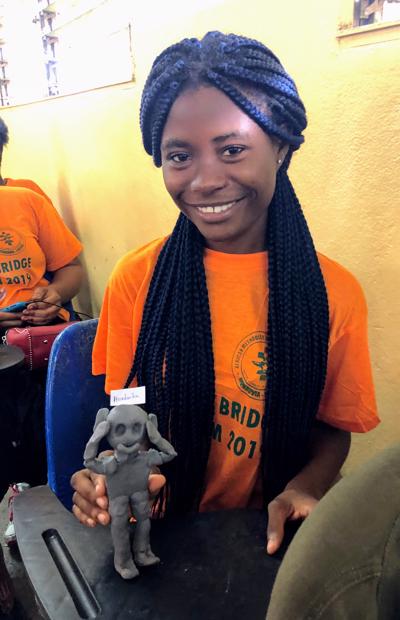
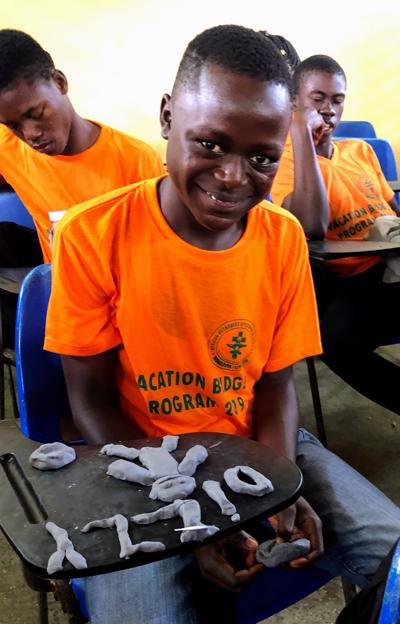
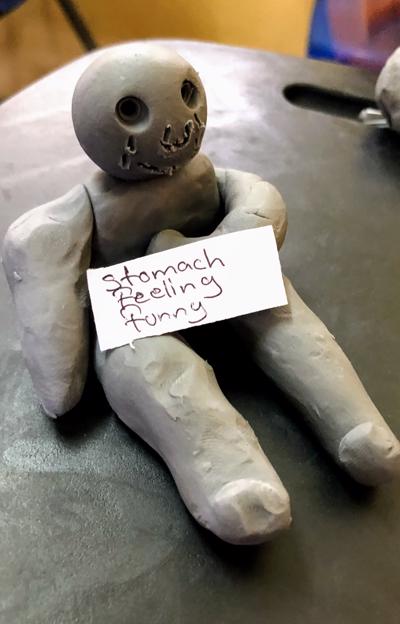
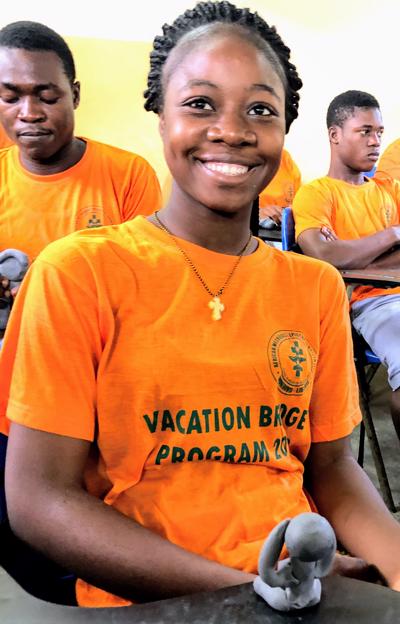
I most certainly obliged. Up and down the aisles, squeezing between chairs, listening for the next “Mr. Colin!” to catch my attention. I got many, many great photos. Friday morning’s presentation will be loaded with great pictures of pretty much every student.
Near the end of class, I showed a short documentary called, “Moving Windmills: The William Kamkwamba Story”. This is a story about a boy from the country of Malawi in southeast
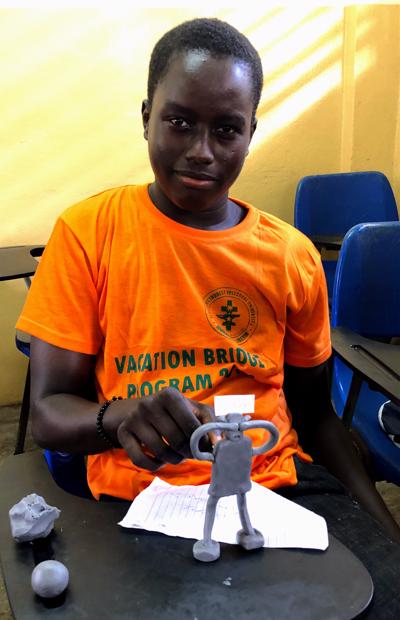
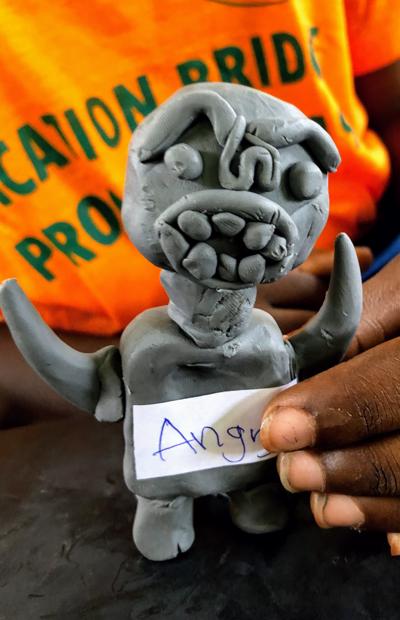
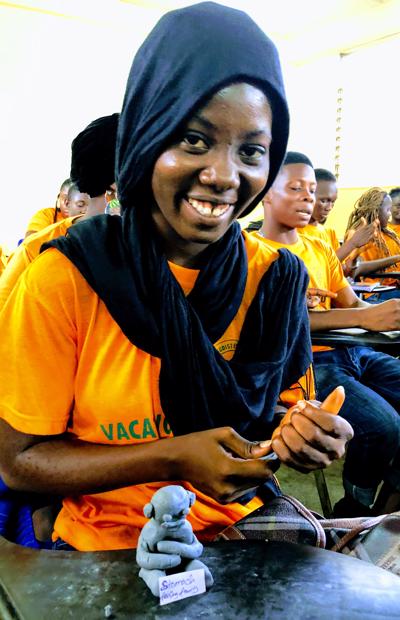
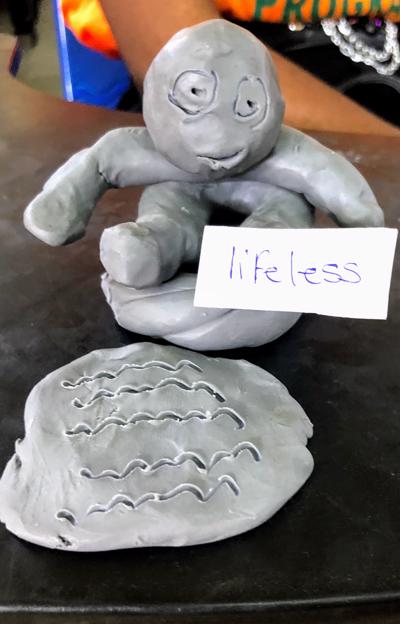
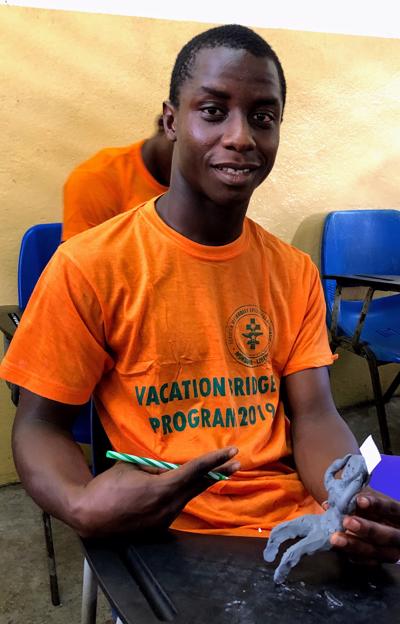
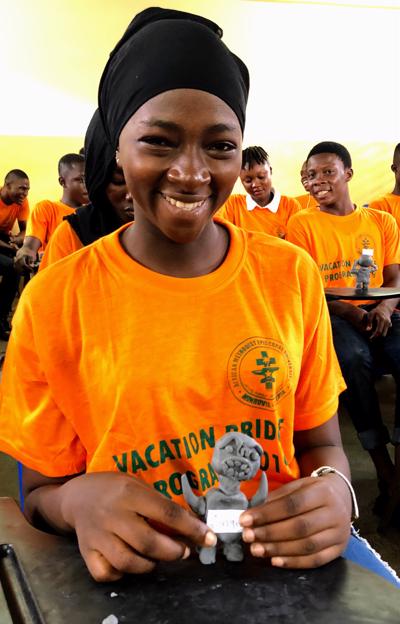
Africa who figured out how to make windmills that generated electricity for himself and his village. It is a great example of a young person who studied — looked, read, asked — to apply what he learned and changed his life and the lives of others. He wrote a book about his story. (You can find a movie version on Netflix. A TEDtalk, too.) Interestingly, the part of the video that got the biggest reaction from the class was the shots of Kamkwamba traveling to New York City to be honored for his work.
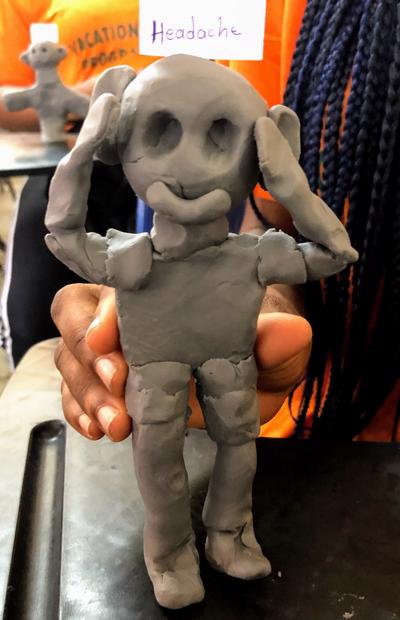
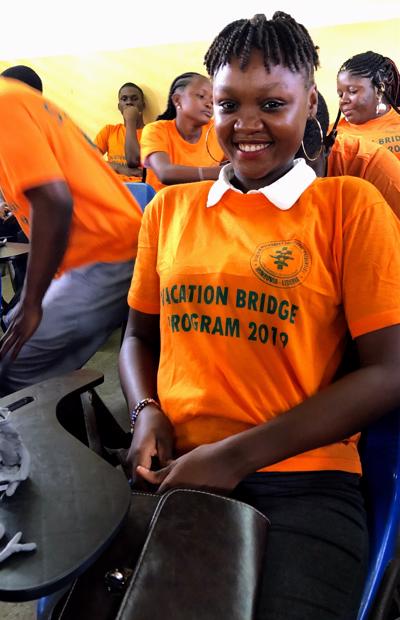
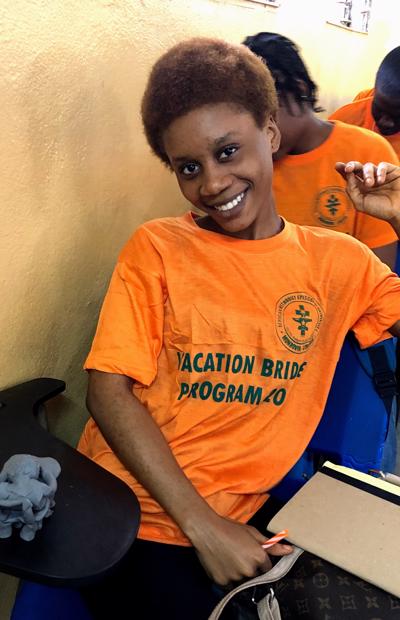
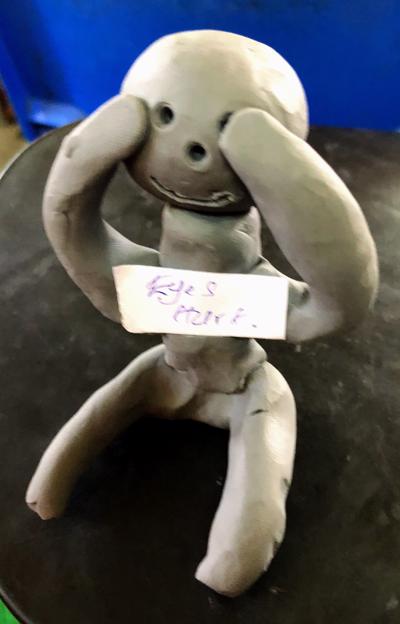
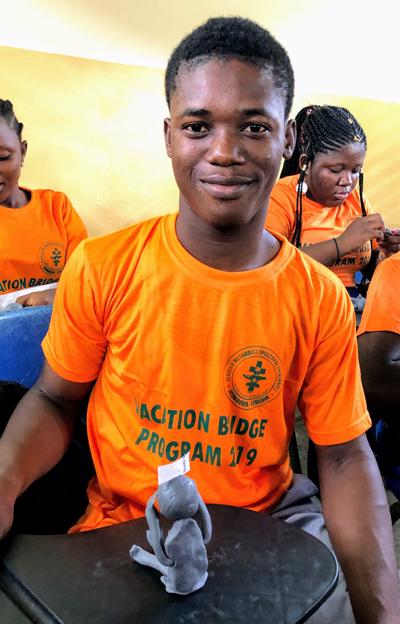
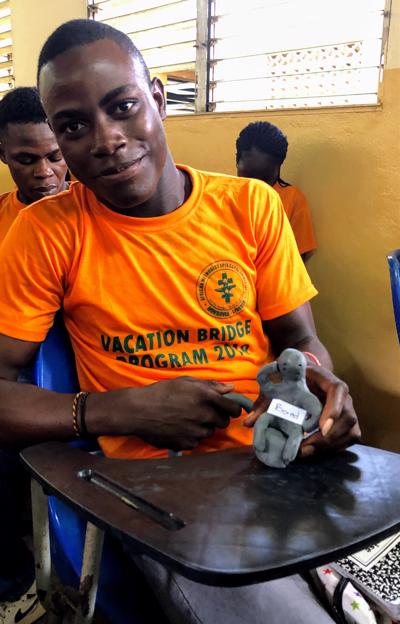
We wrapped the class with success stories. Jay had arranged for a driver from Save the Children to take me back to the office. I spent much of the afternoon moving from the RLJ to Jay’s house, which is where I sit now as I write this. 6:37 p.m. West Africa time. (2:37 p.m. in Florida, 11:37 a.m. on the West Coast.)
Wednesday’s assigned essay for AME University’s Applied
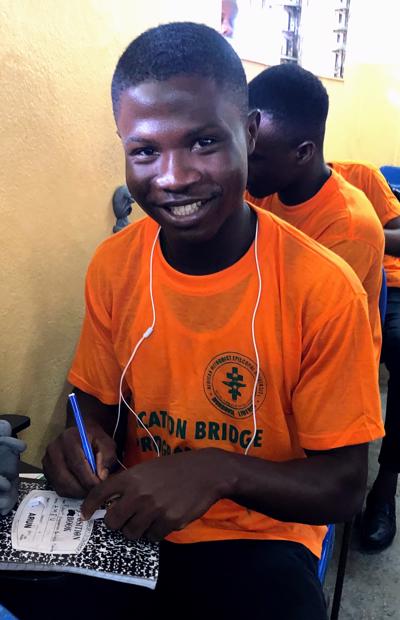
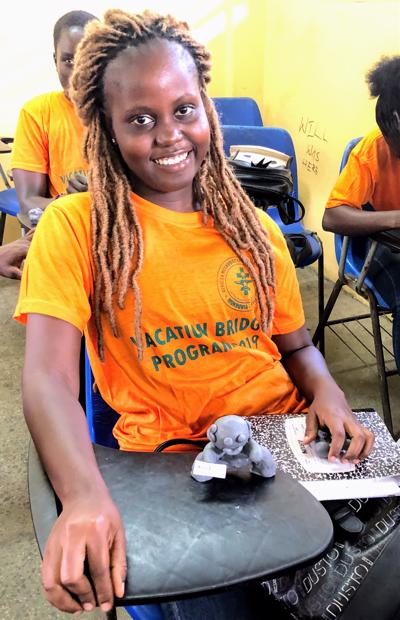
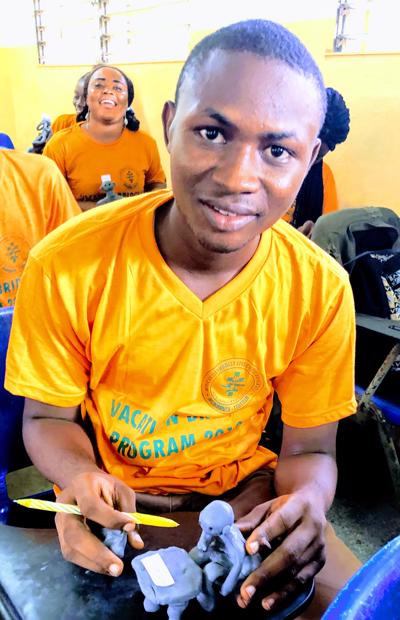
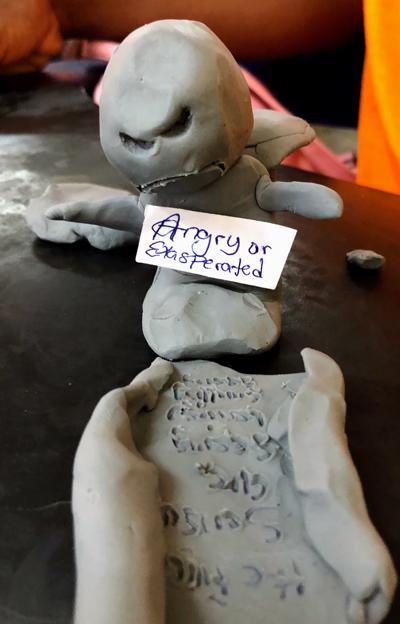
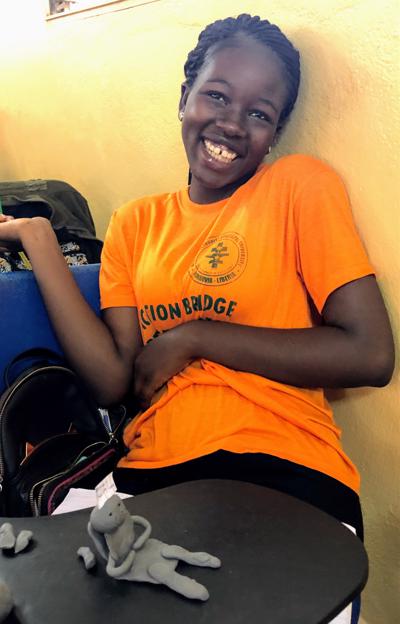
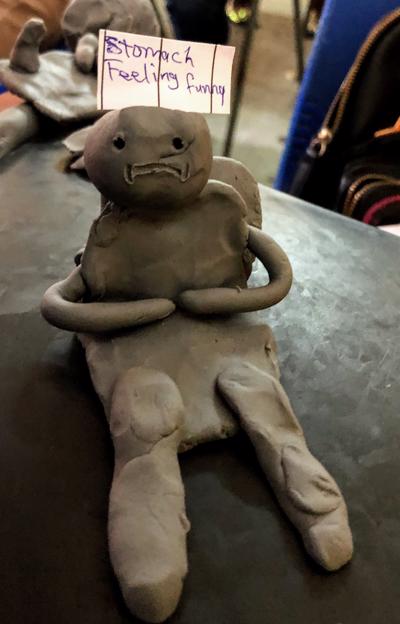
Scholastics Study Skills class was this: What is the problem with Education in Liberia today? All of the students’ essays were good, some were great, some were, I felt, very honest and telling. Some of the better observations:
Josephine K. Boakai
“The inability of teachers to clearly deliver the lessons can cause students to become bored and start sleeping during classes, some students even start skipping classes. The educational sector also has a problem with theoretical teaching only. Students find it really hard to easily take in a lesson just by reading it and listening to the lectures of instructors. Because students do not practicalize and see the mass of what they are being taught, they do not really understand the lesson. This is one of the many reasons why Liberian students massively fail public and private tests.”
Mohammed Kromah
“You find a lot of teachers entering the classroom, just to explain, explain, and explain without caring whether you understood it or not. When time is out, he’s leaving the class. After the exam, he knows within himself you never understood a thing from that lesson but yet he ignores it and gives you the test anyway. The student won’t even bother to ask too many questions because he/she knows they’ll talk to the teacher after the exams (by bribing him for grades).
“A teacher at AME Vacation Bridge told me we learned things to apply to other things. Most of the teachers in the Liberian schools are teaching and wanting their students to understand it exactly the way they understood it. Most of them even get angry when you try giving your ideas. They rather you go with their understanding than trying to explain it in your own words. How will you apply something you’ve learned if you can’t even explain it in your own understanding?”
Hawa G.N. Kolubah
“We learn about things that we do not have pictorials of, we just go about reading and reading a bunch of notes. Neither the government nor the teachers make efforts to provide visuals for the ideas. Though our education depends solely on us, those who we seek knowledge from should show the zest for teaching, but if it doesn’t go that way, the end result would be negative.”
Rodell S. Tweh
“Another problem with education in Liberia today is from our leaders. They know their lessons well and how to improve the situation in our country today. But they lack the political will-power to deliver, even with resources at their disposal. Unless our leaders learn to unlearn repeating the same mistakes of the past, we can never progress. We cannot keep doing the same thing and expect different results.”
And of course, here are bits of the best successes from today’s class.
“As always, today’s class was awesome. Today I learned some new importance of clay, and how useful it can be in creating mass for better understanding.” - Mohammed Kromah
“I am very happy that I am in the Applied Scholastics class.” - James K. Musa, Jr.
“I like the movie of the boy that invented the windmill in his village. It encouraged me to be more focused on what I am doing to move forward. So I am grateful to the Applied Scholastics lectures. Thanks.” - Robert K. Dennis
“Today I learned that anybody can be successful once they are willing to read, ask questions, and put to practice what they have learnt.” - Faith Sonkarlay
“Today I learned that I can start being a leader from now. I also learned how to fix mass with clay by myself. I like that because it frees my mind. It makes me feel happy.” - Faith Angel Doe
“I like the recap about the previous class and the inspiring words by Joseph.” - Xavier Robert Wilkins
“The class was fun, interesting and lively, most especially during the clay demonstrations.” - Patience Alice Ogwuche
“What I really like about today’s lesson was being able to know about myself and how I should always ask what can I do to make a change in my country or my environment to be a good leader in the future.” - Rodell S. Tueh
1.
Chapter 1: North America, Europe, Africa
2.
Chapter 2: A Day in Monrovia, A Day with Jay
3.
Chapter 3: AME, First Class
4.
Chapter 4: Save the Children and AME Day 2
5.
Chapter 5: Chill and Road Trip
6.
Chapter 6: Higher Ground and the New Georgia Baptist Church
7.
Chapter 7: Presence of Mass and Fun
8.
Chapter 8: AME!
9.
Chapter 9: RLJ to Jay’s and AME Friday
10.
Chapter 10: Road Trip
11.
Chapter 11: Monday at AME
12.
Chapter 12: The Liberian Pledge of Allegiance
13.
Chapter 13: Colin’s AME Farewell
14.
Chapter 14: An Afternoon in Bomi